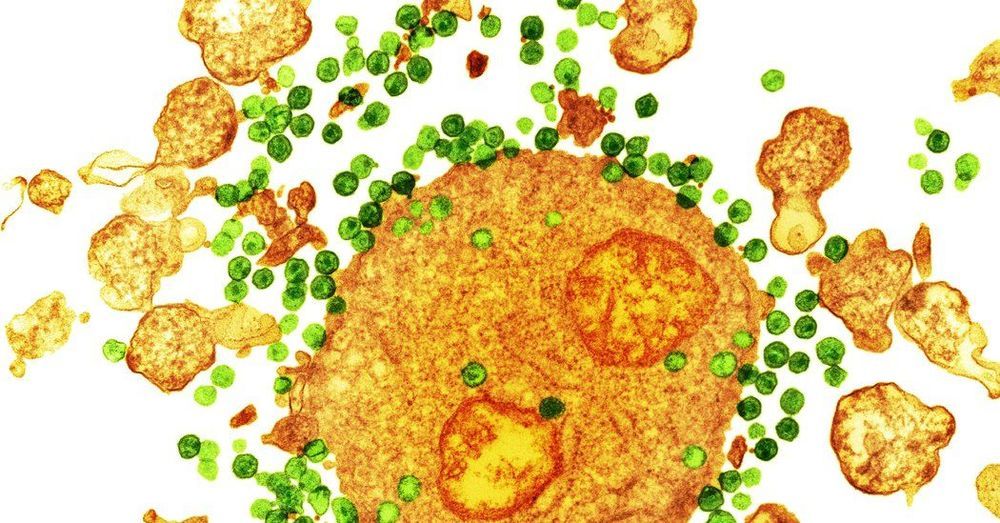A study published today in the journal Nature Medicine led by researchers at Huntsman Cancer Institute (HCI) at the University of Utah (U of U) describes a new therapeutic approach with potential for patients with pancreatic cancer. These researchers discovered a combination drug therapy that may effectively combat the disease. HCI researchers first observed anti-cancer impacts in a laboratory setting and, subsequently, in its first use in a human patient.
The study has already progressed to a clinical trial that is now open at HCI and will soon be open at other sites in the United States. Details about the clinical trial, called THREAD, are available under National Clinical Trial Number 03825289. The combination therapy uses two drugs already approved for use by the Food and Drug Administration for other diseases, including cancer. The new drug combination is administered through pills taken orally.
Pancreatic tumors are characterized by mutations in a gene called KRAS. When KRAS is mutated in this way, it sends constant signals that promote abnormal cell division and growth in cancer cells. As a result, tumors grow out of control. At the same time, like all cells, pancreatic cancer cells must recycle their components to provide building blocks for new growth in an essential cell function known as autophagy. Previous studies to combat pancreatic cancer that were focused either on the role of KRAS or on impacting autophagy were not effective.
Read more







